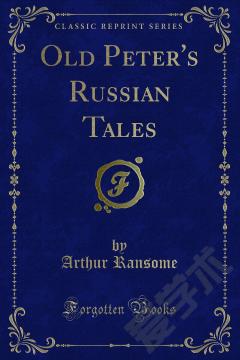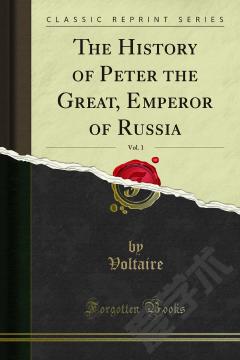Old Peter's Russian Tales
The stories in this book are those that Russian peasants tell their children and each other. In Russia hardly anybody is too old for fairy stories, and I have even heard soldiers on their way to the war talking of very wise and very beautiful princesses as they drank their tea by the side of the road. I think there must be more fairy stories told in Russia than anywhere else in the world. In this book are a few of those I like best. I have taken my own way with them more or less, writing them mostly from memory. They, or versions like them, are to be found in the coloured chap-books, in Afanasiev's great collection, or in solemn, serious volumes of folklorists writing for the learned. My book is not for the learned, or indeed for grown-up people at all. No peoplewho really like fairy stories ever grow up altogether. This is a book written far away in Russia, for English children who play in deep lanes with wild roses above them in the high hedges, or by the small singing becks that dance down the grey fells at home. Russian fairyland is quite different. Under my windows the wavelets of the Volkhov (which has its part in one of the stories) are beating quietly in the dusk. A gold light burns on a timber raft floating down the river. Beyond the river in the blue midsummer twilight are the broad Russian plain and the distant forest. Some where in that forest of great trees — a forest so big that the forests of England are little woods beside it — is the hut where old Peter sits at night and tells.
{{comment.content}}








 京公网安备 11010802027623号
京公网安备 11010802027623号